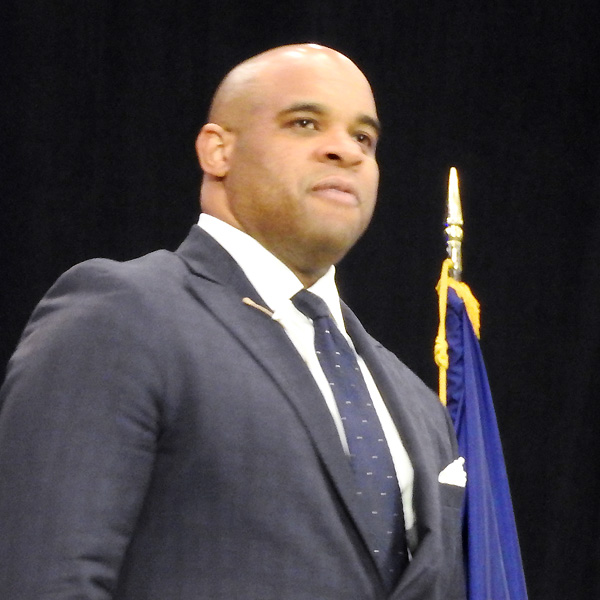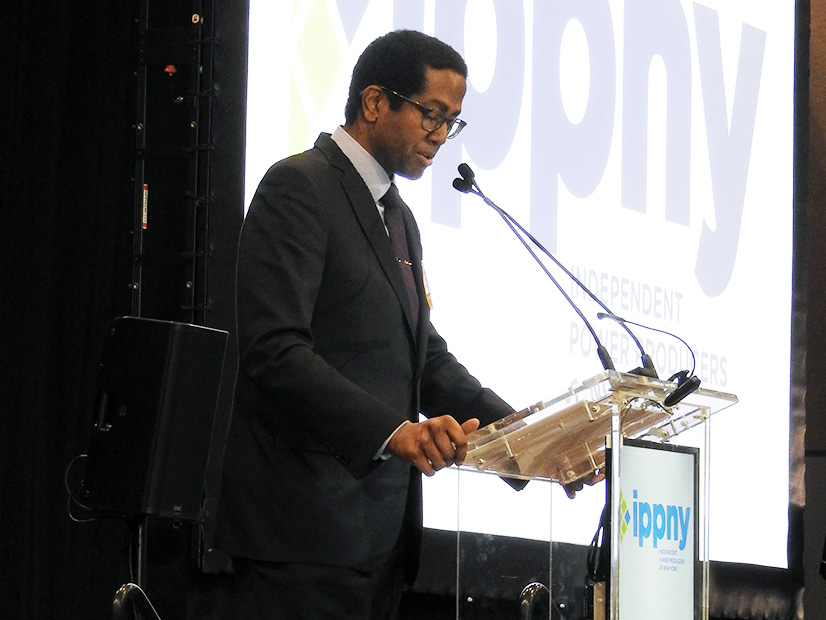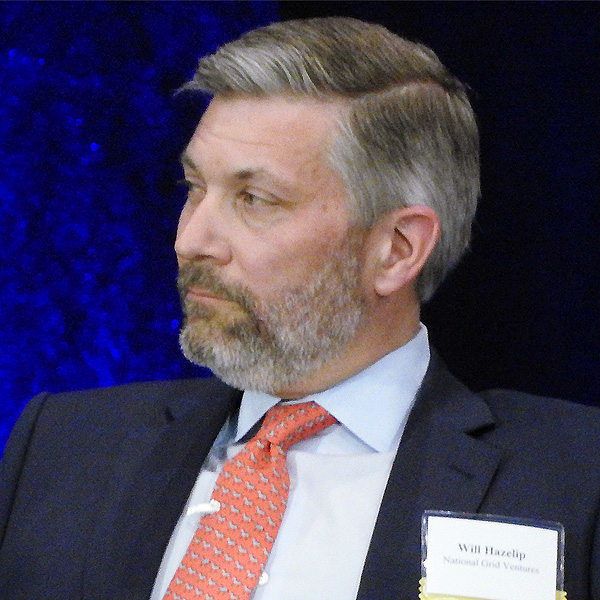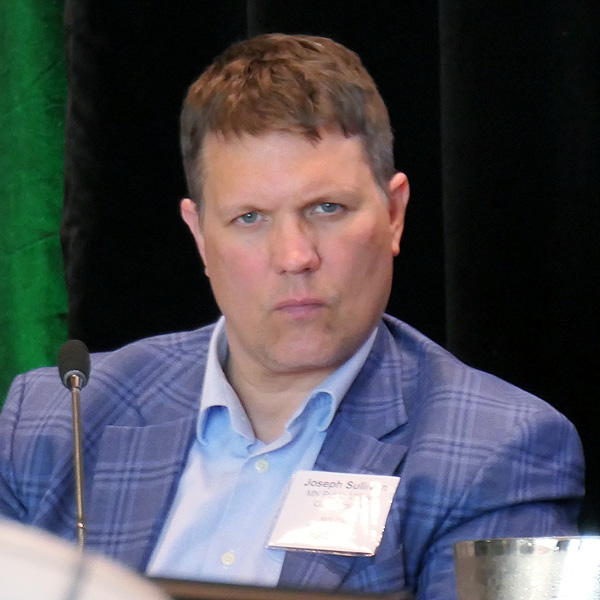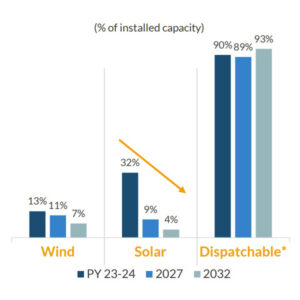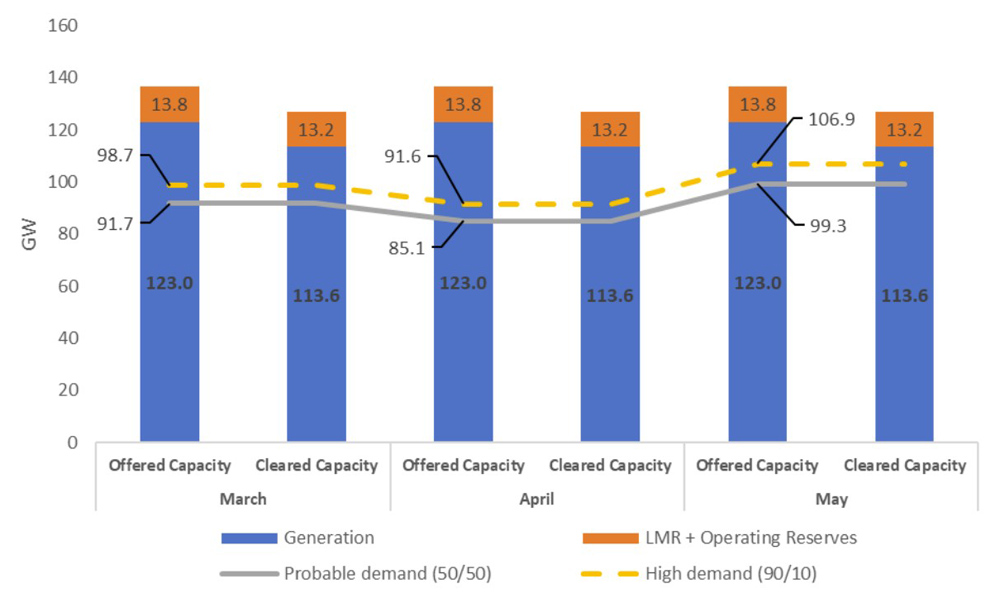ALBANY, N.Y. — The Independent Power Producers of New York (IPPNY) celebrated its annual spring conference March 19 by marking the state’s transformation into a competitive energy market over the past 25 years with the inception of NYISO.
Industry experts from the government, business sector and advocacy groups shared their insights on New York’s progress in evolving its energy markets, echoing sentiments from last year’s conference. (See Overheard at IPPNY 2023 Spring Conference.)
FERC Chair Willie Phillips discussed how the commission’s priorities have shifted toward improving “transmission to figure out how to better integrate new resources onto the grid,” enhancing the “grid’s physical and cybersecurity infrastructure,” and promoting environmental justice, which he considers a “top priority.”
Suedeen Kelly, a partner at Jenner & Block and former FERC commissioner, concurred, saying that while the initial goals of establishing competitive markets centered around “efficiency, lowering costs and innovation,” they have shifted to include “decarbonization and the recognition of environmental and social justice” as the grid and energy markets have evolved and new generation technologies have emerged.
Kelly praised New York’s market evolution, thanking participants for their efforts “to continue to meet the challenges of new technologies and incorporating those technologies into your market, since you’re taking huge risks to do this.”
IPPNY President Gavin Donohue remarked in the same panel that the “competitive energy market has evolved into a bipartisan issue,” which will help to “lay the foundations for the future.”
New York Public Service Commission Chair Rory Christian emphasized the theme of market evolution during his keynote address, highlighting how the commission’s decisions ensure that New York’s energy markets continue to adapt with the times. “Our daily lives depend on our ability to wield the magic of new technologies” he said, and “our actions can mean the difference between opportunity and calamity and can have ripple effects that extend far beyond our state borders.”
“The commission has been able to lead and innovate,” he added, recognizing the need to develop a more holistic and adaptable approach that “ultimately culminated in a departure from vertically integrated utility models to a restructured wholesale energy market that incorporates competition.”
C. Lindsay Anderson, a professor of biological and environmental engineering at Cornell University, spoke about the growing recognition among New York energy stakeholders that to meet the state’s energy priorities and mandates and “to decarbonize everything, [we must] first decarbonize the power system.”
Panelists at the “Lobbying the Legislature and Executive Branch – Important Topics this Session” panel discussed how their clients and objectives have also evolved in response to New York’s policies.
Elizabeth Garvey, an attorney at Greenberg Traurig, noted how she’s observed a shift in how political and corporate clients focus on broader engagement.
“These years, unlike past years … [clients] really focus on all of [the market’s] issues wherever they sit in the energy economy … even if it doesn’t directly impact [them],” Garvey said.
She added that the state’s evolving market and policies have led to an “inflection point” where it has become increasingly difficult to tell clients “where they should park their capital” since “there are so many different things happening on so many different playing fields” both in New York and across the nation.
Will Hazelip, president of National Grid Ventures, US Northeast, said modernizing the transmission system is one of the biggest future challenges for New York and the country.
“Redoing the transmission system will help enable power to move around” and also help clients “know for certain when they can build and then plug in,” he said.
Phillips summarized the evolving perspective of conference panelists and the wider industry, saying, “As we celebrate the 25th anniversary of the [New York] market, the subtitle has been ‘cleaner, safer and cheaper,’” but “what I now say is ‘reliable, affordable and sustainable.’”
“We need a new generation to think differently about our problems,” Phillis said, noting how energy markets, technologies and policies have evolved.
The industry can no longer pretend “the benefits of our transition fall evenly on everyone,” he said.
